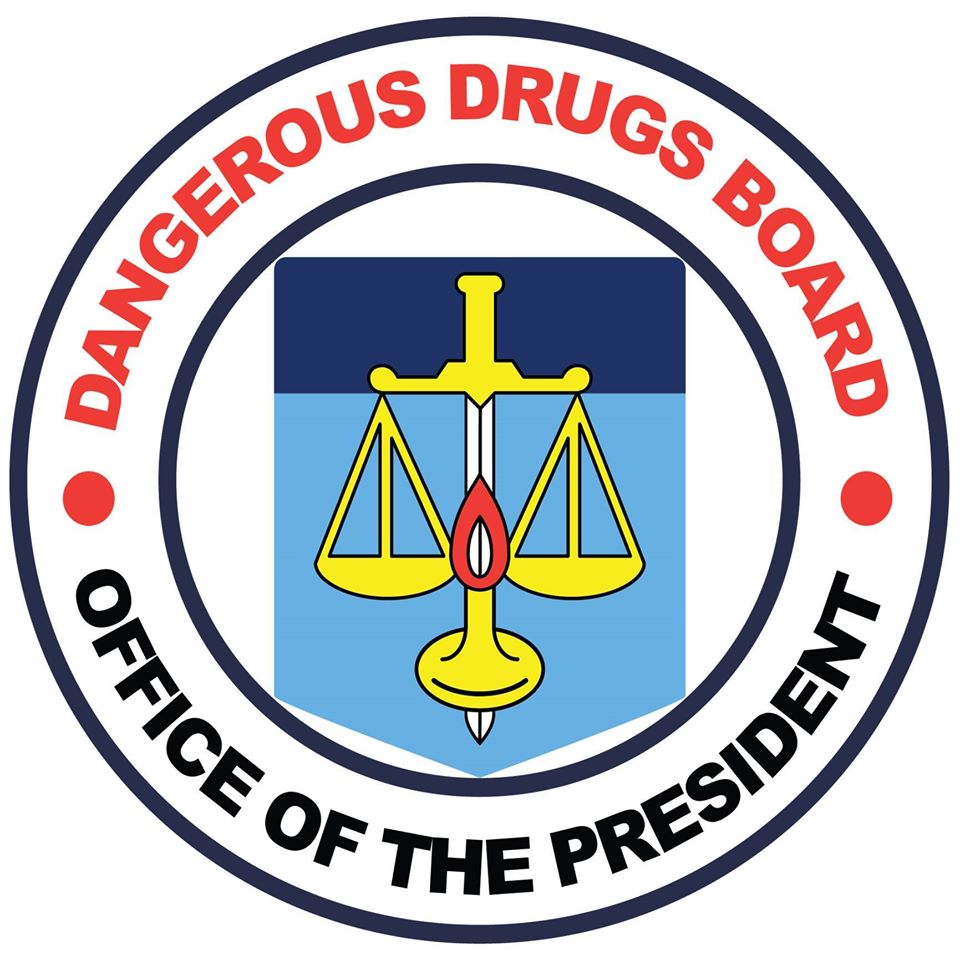News
DDB to polish ‘delisting’ process

During a webinar conducted by the DDB on Friday, Undersecretary Benjamin Reyes said they are trying to polish the delisting process. (File photo: Dangerous Drugs Board/Facebook)
MANILA – The Dangerous Drugs Board (DDB) is in the process of creating a regulation on the delisting of persons erroneously included on its watch list.
During a webinar conducted by the DDB on Friday, Undersecretary Benjamin Reyes said they are trying to polish the delisting process.
“May validation process ang PDEA (Philippine Drug Enforcement Agency), pulis at sa barangay. May proseso tayong ipapasok diyan para maiwasan. Dadaan yan sa masusing proseso para wala yung mga ganyang napagbibintangan (The PDEA, the police, and the barangay have a validation process. We will include a process to prevent the listing of a person by mistake),” Reyes said.
The chief of the DDB’s Legal Affairs Division, lawyer Philip Joseph Vera Cruz, said persons who use drugs (PWUDs) who have undergone and completed treatment and rehabilitation may also be delisted.
“Delisting is an essential tool that is needed to ensure that those who have undertaken and have successfully completed interventions are no longer subject to law enforcement operations or activities. Tinatanggal na natin sila sa sphere sa loob ng law enforcement. Ang kanila talaga is health and social intervention ang kailangan (We remove them from the sphere of law enforcement. What they need are health and social interventions),” Vera Cruz said.
He said the DDB targets PWUDs who need intervention and profiles them for proper and appropriate interventions based on their needs.
Vera Cruz said drug dependents and drug users, considered as PWUDs, are classified under the watch list, target list, or wanted list.
Persons on the watch list are being validated by law enforcement agencies. “So, basically, they are currently under investigation,” he said.
Those on the target list have been validated. “Meron na po tayong validated information na indeed involved po sila sa illegal drug activities (We have validated information that indeed they are involved in illegal drug activities),” Vera Cruz said.
He said those on the wanted list have pending cases in court and those who are “fugitives from justice.”
“Isang document na pwedeng gamitin to delist a certain person from the watch list or target list ng ating mga law enforcement agencies is yung ini-issue ng court na nagsasabing ang patient is discharged na po from treatment and rehabilitation (One document that may be used by law enforcement agencies to delist a person from the watch list or target list is that which is issued by the court, stating that the patient has undergone treatment and rehabilitation),” Vera Cruz said.
A court issues a discharge order when the PWUD has undertaken and completed treatment and rehabilitation in a center accredited by the Department of Health, as well as aftercare.
The Department of Social Welfare and Development will soon launch a program called “Yakap Bayan” designed to help local governments by providing them with technical assistance on how to effectively handle PWUDs from their rehabilitation to their reintegration into their families.
Vera Cruz, however, clarified that delisting those who have criminal liabilities other than drug use is another matter.
“Kapag sinabing PWUDs na may clearance or certificate na, ito yung mga purely drug use lang, walang ginawang criminal act or liability. Cleared na siya dun lang sa paggamit (When you say PWUDs with clearance or certificate, these are those whose cases are purely drug use and have not done any other criminal act. They have been cleared for the use of drugs),” he said. “Ibang usapan pag ang tao ay may criminal liability, may pending case sa kanya. Yung rehabilitation pwede lang para mabawasan yung term of imprisonment pero hindi mawawala ang kaniyang criminal liability (The process is different for those who have criminal liability, those who have pending cases against them. Their rehabilitation may be used to reduce the term of their imprisonment but their criminal liability stands).”
Meanwhile, Interior Undersecretary Ricojudge Janvier Echiverri said the delisting process for government officials involved in illegal drugs is longer and different compared to the process for private citizens.
“Under the law, for government officials who are considered PWUDs, medyo may aggravating circumstance, kaya medyo mas mahabang proseso ang kinakailangan na due process for them for the delisting (there is an aggravating circumstance that makes the delisting process longer). Let’s say (a) barangay official or mayor (is) involved. Ibang usapan yan, fina-file-an na namin ng kaso yan sa Ombudsman (We file charges against them at the Ombudsman) and we allow the Ombudsman to decide on the matter,” Echiverri said.
Secretary Catalino Cuy, DDB chairman, said the government campaign against illegal drugs has never been more relevant, especially now that the country is grappling with the coronavirus disease 2019 (Covid-19) outbreak.
“Just as saving lives, we are also saving the future of our people,” Cuy said.





















